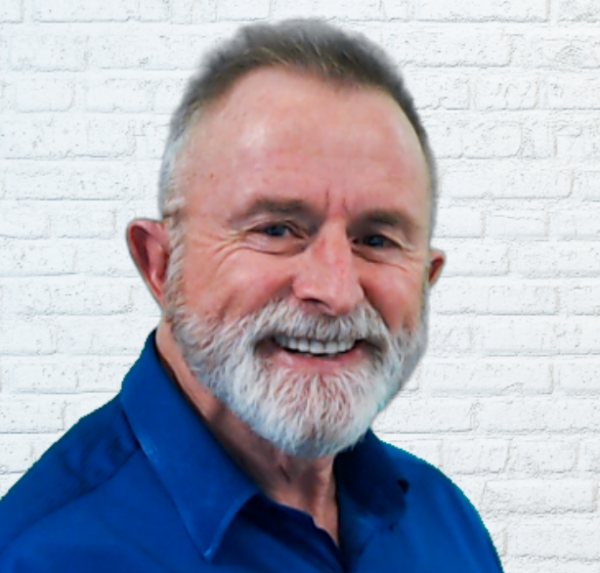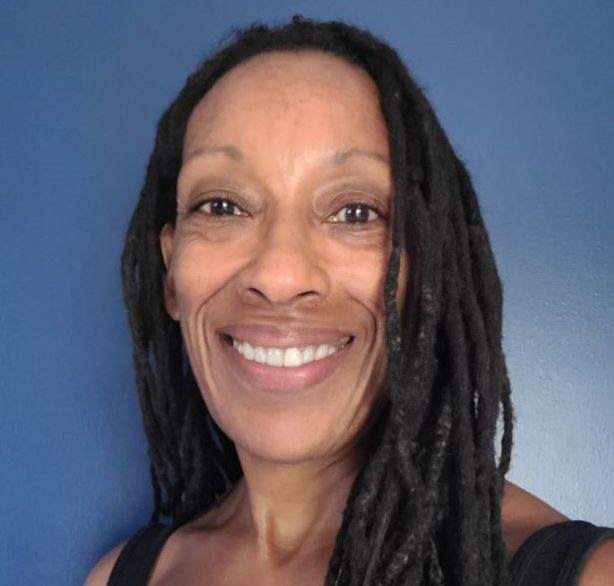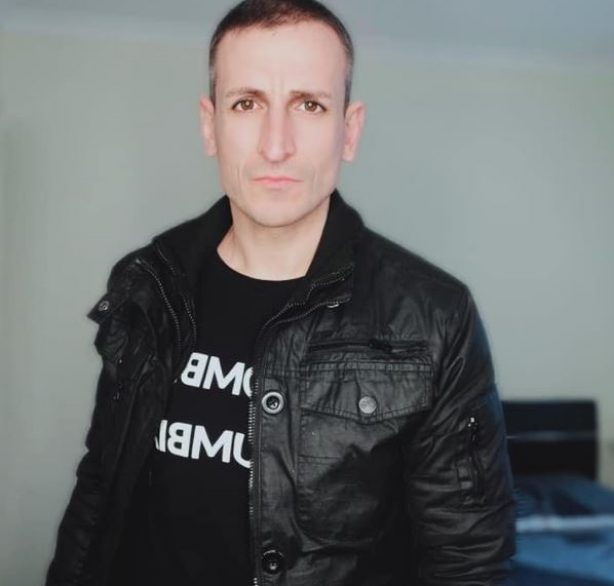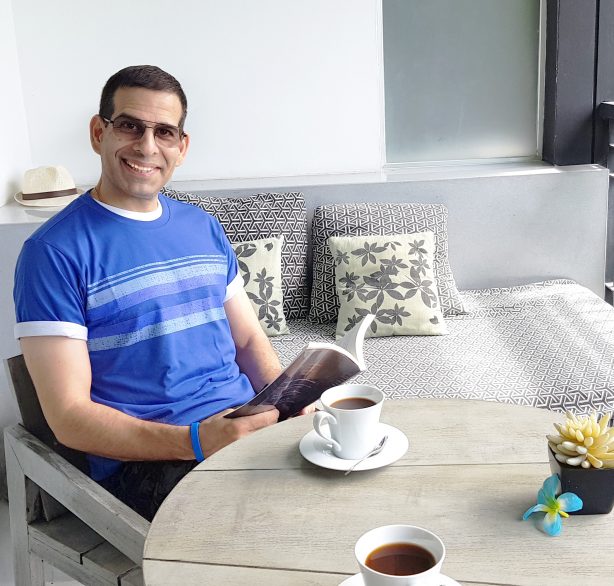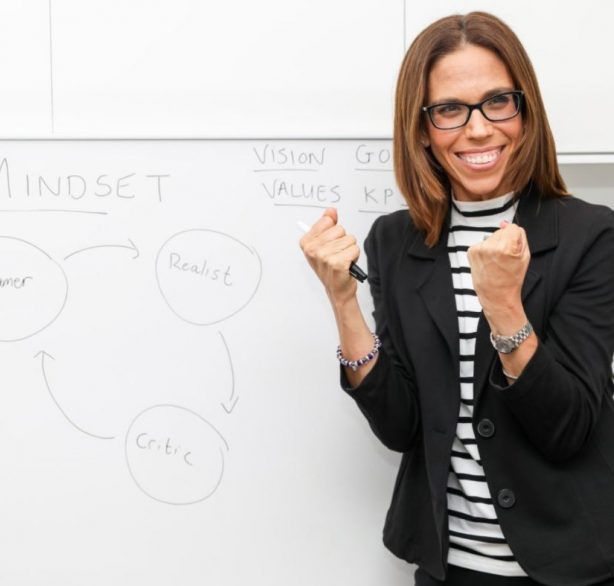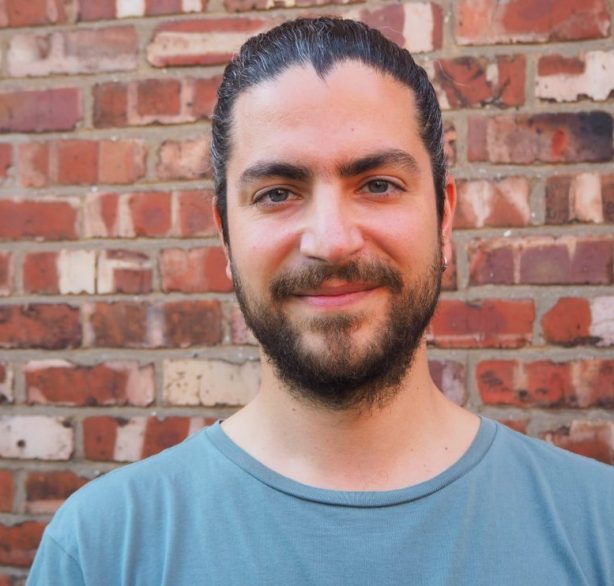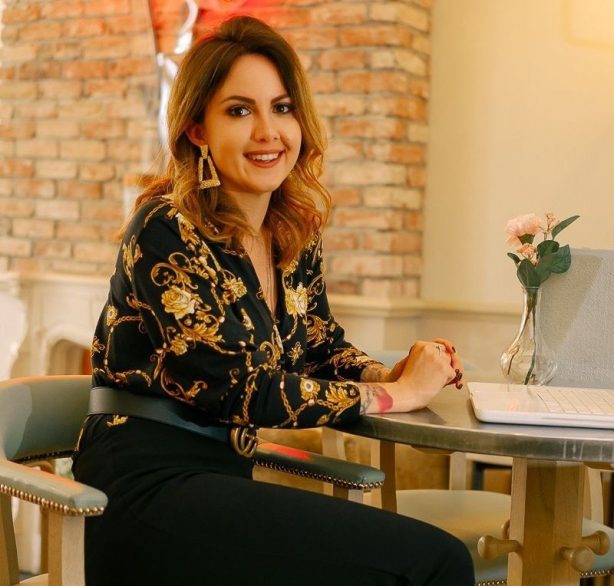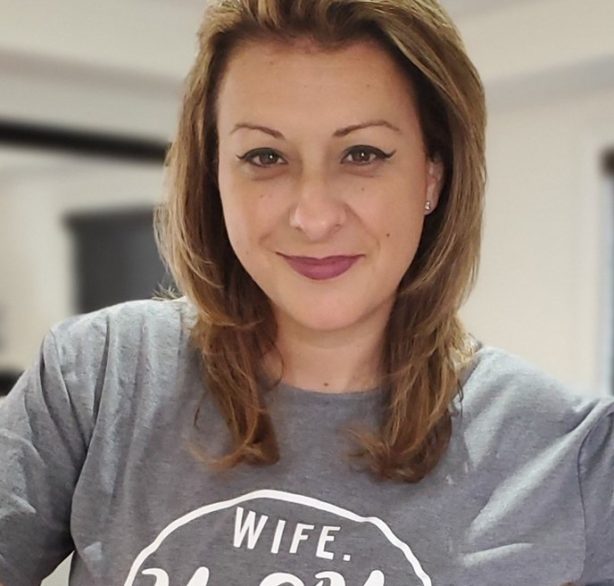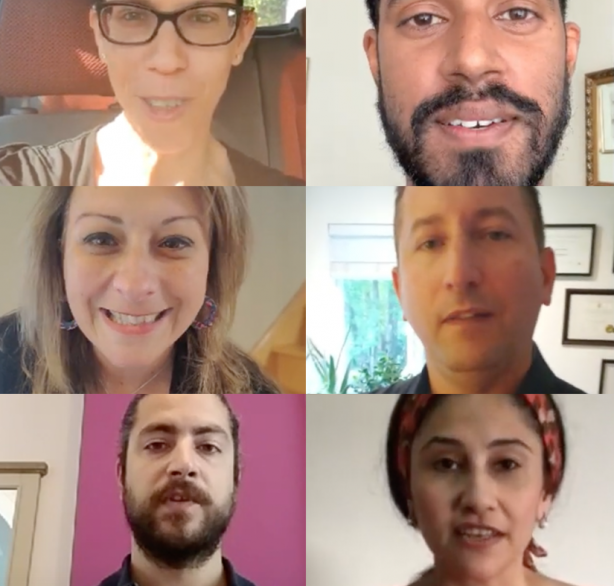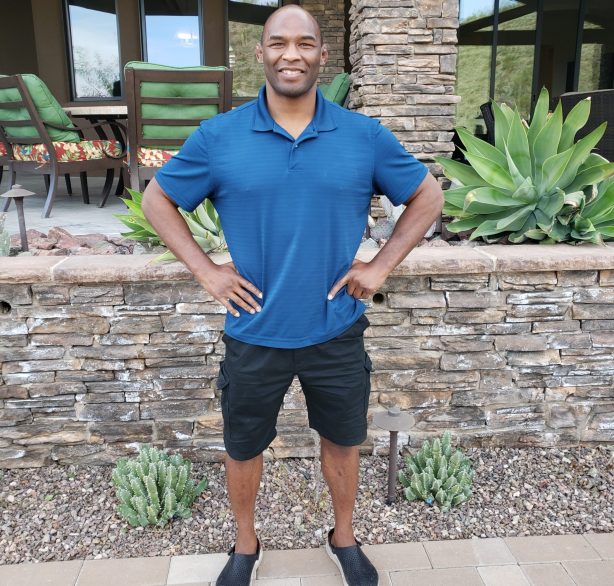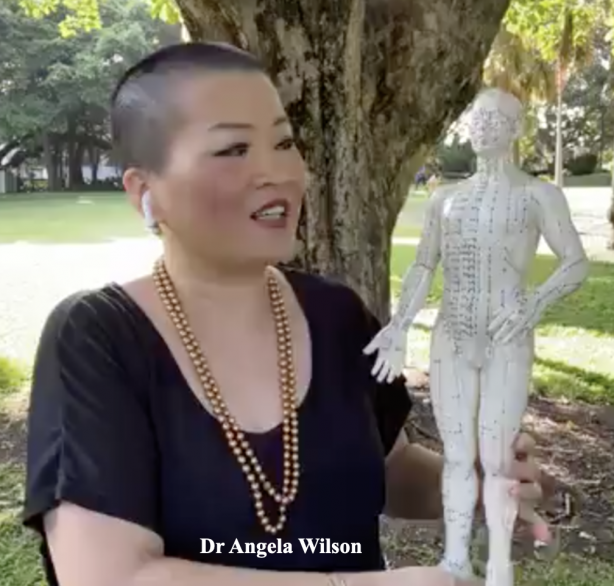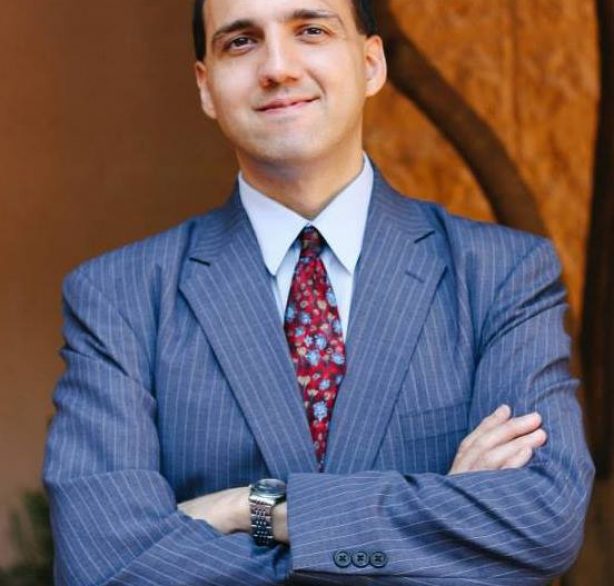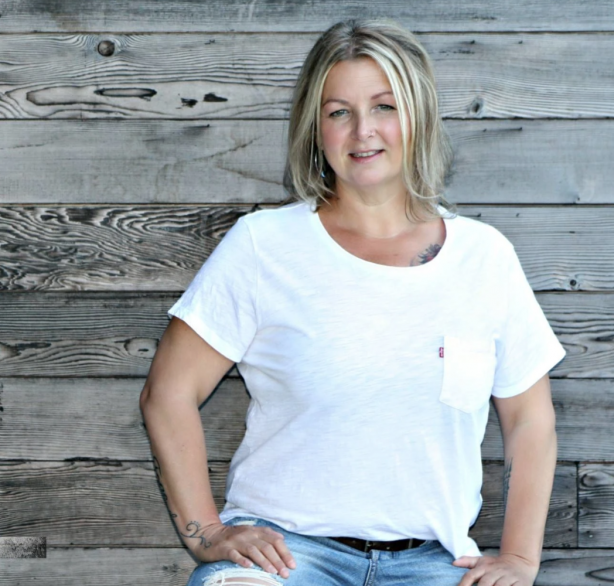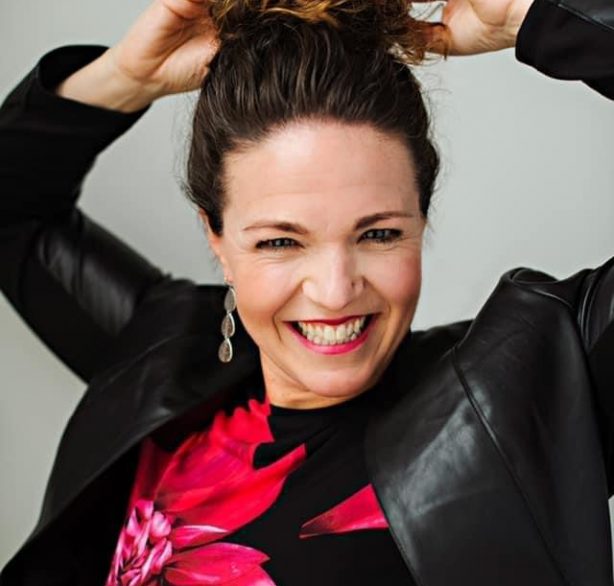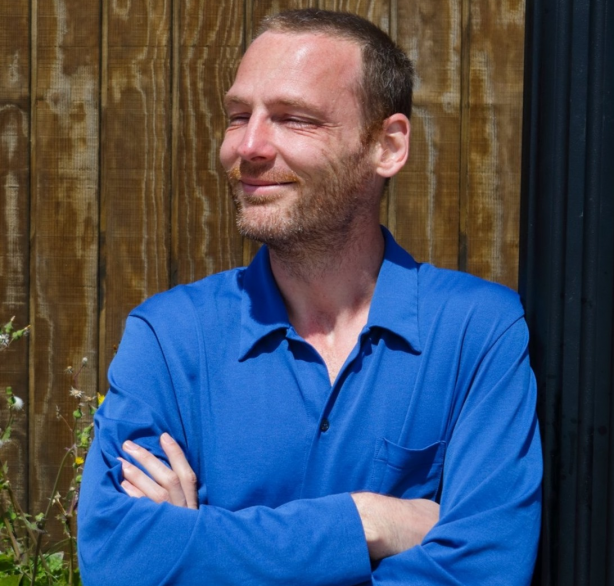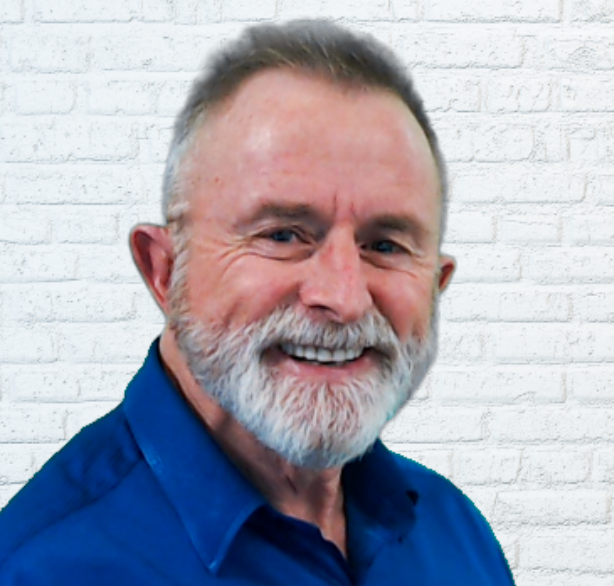Watch the full and inspiring interview with Alan Stevens
If you prefer reading, here is the transcribed interview
Ziv: Hey, I’m Ziv and this is “On the Journey”. Every week “On the Journey” explores the intersection of wellness, spirituality, inquiry, mental health, personal growth and purposeful living through the eyes of the people we interview.
Today, I’m happy to host Alan Stevens. Alan Stevens is a man with bursts, with passion to help people build stronger relations. He’s the face profiler and communication specialists.
Alan, welcome!
Alan: Thank you very much for the invitation.
Ziv: Would love to hear about your journey. What you’re passionate about? How you help people?
Alan: Now, as you said, face profiler, which means that being able to read people’s emotions with their personalities and help them to understand why they do the things that they do, but also understand other people so that I can connect with them more effectively. I got into this not because I was good at it in the first place. I was dreadful at reading people.
When I grew up as a young fellow. My father died when I was three and I went in the house with my mother and sister, but had very little connection with other men. I was pretty much a loner and didn’t really read people very well. In my late 30’s, my first wife left and I had three boys to raise on my own for 11 and 12.
And then after a second divorce, I thought that I understood people because I’ve been in the industry for quite a few years and working with teams But then I realized there was so much I was missing that I wasn’t picking up.
So through my own journey to become better at reading people,
I learned that the facial features of the person, tell me their personality without asking a single word. Share on XDid you think when you lift weights, you build muscles? And also everything we feel inside we express outwardly.
If you concentrate on things and you pull expressions while you’re working, you’re going to create ridges and crevices on your face that are a history but how you like to think and process. And that’s your personality, not your character, your personality.
So now once I’ve got that. I know how you like to think and process. Idea how you like to take information. I know how to speak to you. And from there, I think what your body language, the expressions that tell me your emotions in the moment, whether I’ve connected with you. To the point if when you’re talking to me, you’re telling me the truth or not.
I thought by having that skill and sharing with other people, I would be able to build stronger relationships with each other.
Ziv: Wow, that’s really fascinating! Because there are so many ways to reach people. Most of them will require some effort on the other side, right?
Alan: Yeah.
Ziv: Like we can read the writing, how to write, read, how the drawings, of course, in psychology, all kinds of questionnaires. But here you can do it without any effort. On the other side, you just can talk with someone and discover.
Let’s start with a basic question. What’s the difference between personality and character?
Alan: The character and personality.
Personality is how you like to think and process, whereas character is what you're thinking and processing about. Share on XNow, if you think about it and the people listening to this. Have you ever had somebody that everything they said sounded right, but there’s something that you just had that gut feeling you didn’t trust them? Two things can come from that.
One of them is that they remind you of somebody who did the wrong thing by you in the past and therefore you’re going to pull back from them. The other thing is you may have picked up the nonverbal indicators. That’s the first side of the profile. But then we move into the difference between the character and the personality.
The biggest issue there is when we’re listening to somebody, two people typically look very similar to each other and if they look similar to each other, they’re going to process information in a similar way because of the shape of their face, the ridges and crevices created while they were thinking. But one can be a sight, one could be a center.
In other words, one could be looking at how can I help the people around me? If it is a salesperson, how can I really help this person get the things that they need? And I’ll sell the product that I need.
Where somebody else is doing it for their own purpose, will be figuring out, how can I rip the other person off? How can I use them to get what I want? Forget about them. Just look after myself. That’s the difference between the character and the personality.
Ziv: Let me see if I understand correctly the simplified. Character, if we really simplified character would be, let’s say, good versus evil. Ok?
Alan: Yeah.
Ziv: And personality would be the method. It is logic and he’s not emotional.That’s the personality. The method of fusing.
Alan: That’s it. That’s very well put. And I’ll probably steal that. Thank very much.
Ziv: My pleasure. I’m good at it. Thinking in a similar way because otherwise I’m getting into in spiral.
That’s really fascinating. How does it help me as a parent with my children?
Alan: One of the biggest issues we’ve got with children, especially when they go to school, if they’re noisy and they don’t fit the system, we label them with things like Aspergers, autism and other conditions. When we put them into a school environment, they’re not designed for that particular school environment. It’s not a problem with the child.
The problem is with our education systems don’t match the way the child needs to be taught. If the parent understands how the child needs to receive information and how are they likely to react? So, for instance, you’re a parent who is more analytical, who needs a lot more information, but the child just wants the overview, the least amount of information, while the parents talking to the child, they’re nagging them.
It sounds like they are at them all the time. Or if the parent is the other way, they only like the overview and just give a simple explanation, the child needs more information. They’re going to be lost by being able to read the other person.
You change the way that you like to be spoken to, to match the way they want to be spoken to. And straightaway you’ve got a connection. With a parent just gives them a very close connection with their children.
Ziv: It brings me another question. First of all, I’m sure you’re aware that the face profiler, so it sounds so exotic and interesting. And there are so many questions I’m suppressing because I know we don’t have enough time, but they will choose those that are.
I can totally imagine how powerful it is to be able to read faces in personality with people that I don’t really know, like I have a business meeting or I’m considering new partnership. I really need all the information and don’t have enough context. That’s like super powerful. I can imagine with my children.
I do know them like I know my children, or at least I think that many parents know their children. I’m just asking you because I’m thinking out loud. Is the challenge is really to know what my children needs or to be able to be aware and to stop and think differently about their needs?
Because you say, reading them will be able to help you to understand what they need. But is that the barrier or to be able to say, wait a minute, now I know what they need, I need to change the way I behave to give them that.
Alan: When I talk about the seven secrets to reading people, the first three is
Know yourself, know the other person, and then change the way that you like to be spoken to, to match the way that you want to be spoken to. Share on XEverybody, we all have a view of where we are on the scale. With the way I profile people, they work out how the world sees them, where they are on the scale and each of the traits. Then I look at somebody else and say we’re they’re on the scale.
If I follow a child for the parents, for instance, they’ll understand the child and how the child needs to be spoken to. Both mom and dad will be different personalities.
I show them how each of them need to talk to the child the same way so that the child is getting consistency from the parents. But to do that, both parents will have to change differently to match the child.
And great the child understands them on how to speak to them in a way that the child understands them and they’re able to make that connection.
Ziv: Also for them to be able to speak that way, considering their personality. So it’s really a complex trying to.
Alan: Well.
Ziv: That’s really fascinating. And do parents appear surprised, like when you tell them that’s the way your child. That’s part of his personality. Do they are they surprised to see how we know it? We just know how to handle it?
Alan: Sometimes it’s been a case in most cases it’s a surprise because it all behaves in a certain way and all they’re doing is focusing on the behavior. But when I understand the personality behind it, it allows them to shift from their perception of their child, because if the child is noisy and runs all over the place and everything else is hyper, I’ll give you an example.
One of my clients, his son was five years old. He wasn’t connecting with him. It was quite manic, always all over the place. I profiled his son, told him where some of these gifts were that I could see in his face, like he has a gift for music. He once he understood that he was able to then apply things using his son’s personality, like the gift of music.
Next thing you know, he’s created a connection with his son and his son’s no longer manic. Every time he starts to get worked up, gives him the guitar, he starts singing with him and all of a sudden his son settles down. But in that process, they’re also bonding stronger with each other as well. So it’s a compounding effect. That’s the behavior once a parent applies themselves to it.
Ziv: That’s wonderful. So, Alen we are approaching to the end of this interview and I’m going to ask you something. It annoys me when people ask me, but I have to, because I know that helping others, we need context and it’s complicated. And there are so many things involved. But still, give me one tip that I can use right after this interview with my children.
One thing that would help me to read them better and whatever it was like.
Alan: Well, very quick one. If a child and this is a physical one in the body itself, not actually in the face, if they’ve got short legs compared to their other physical height, you’ve got a child who will find it uncomfortable sitting for a long period of time. If they are sitting for a long period of time, this is why those particular kids start to get disruptive in the classroom.
They want to shift around. You’ve got a child who’s got long legs compared to their height. They’re happy to sit for long periods of time. But also another quick one. If they’ve got wide set eyes, peripheral vision, they’re looking at here all the time, they’re easily distracted.
If your child has got wide set eyes and if you combine it with, say, the fact they got short legs, don’t try and get them to sit in one spot and stay there because they know we’re shifting around trying to look for distractions to get away from what’s the feeling of feeling uncomfortable in the chair.
If you’ve got a job for them to do, like homework, give them regular breaks, they can get up and move away from the chair and then come back to it. And if they sit for a long period of time because they got long legs, then in that case, make sure that you get them to get up every now and then and go and get exercise where the others want to get up, those kids who just sit there all day.
You have to make them get up so that they keep some exercise in their routine.
Ziv: Alen, I hope you know that right after the interview, I’m going to run and measure my kids legs and and eyes. So that’s my next action item after we finish this interview. I thank you so much.
It was really fascinating. I feel we didn’t even scratch the tip of the iceberg, but it was really interesting and insightful. Thank you very much.
Alan: You’re welcome. If you like, I got a free gift, which you can then share with your people. I’ll give you.
Ziv: Definitely. We’ll put a link just below the video and enjoy the gift from Alan.
Thank you, Alan.
Alan: You’re welcome.
Who are you?
Alan Stevens is an International Profiling and Communications Specialist who has worked with international clients, the likes of Disney Films and Gillette, and high-profile organisations like the Australian Federal Police to help them to understand how people tick.
Alan works with business owners and executives, helping them to understand and engage their clients and prospects, enhancing their presentations and negotiation skills and increasing sales. And with parents and teachers to help them enhance the ability of their children to reach their full potential while improving the experience of the parents, teachers, and students.
His latest community initiative is The Campfire Project. The Campfire is a safe place for men and women to give themselves permission to tell their stories. To share their experiences and wisdom from around the world. This is his #WeTogether initiative
Free gift for you! Get here The 7 Secrets to Reading People
Would you like to know more about understanding your children or other people? You can message me below and we can organise a free chat.
DISCOVER MORE OF ALAN ON FACEBOOK, LINKEDIN, INSTAGRAM, TWITTER, YOUTUBE and WEBSITE.
